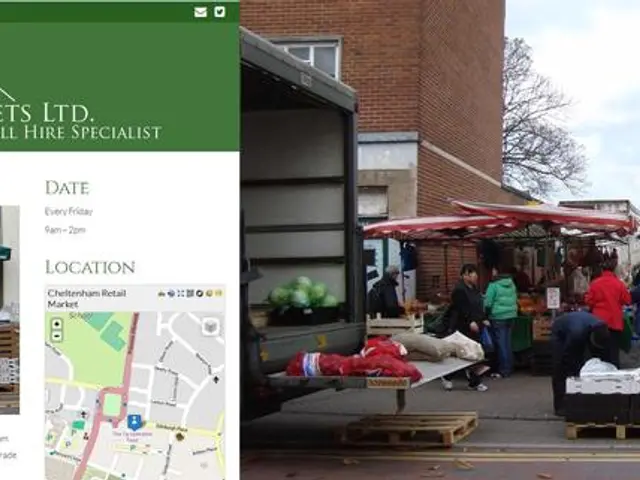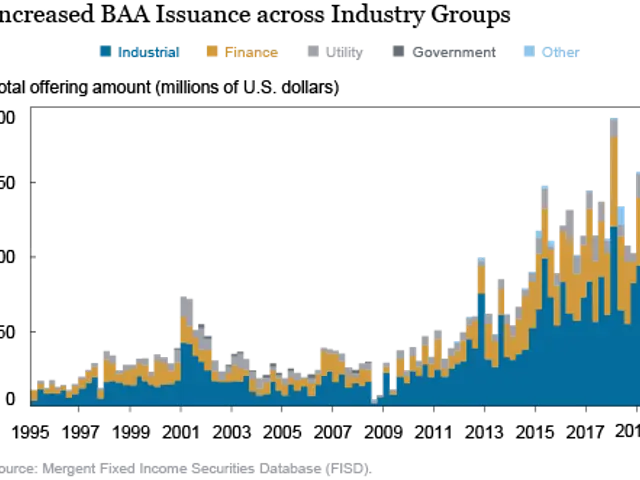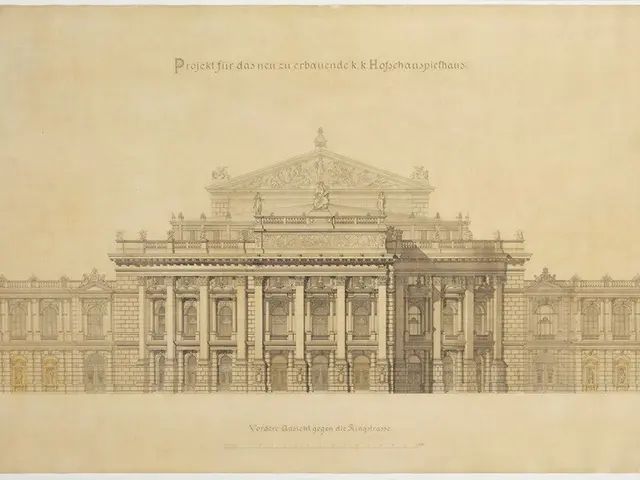Quantum Breakthrough: Flexible Qubit Allocation Boosts Network Performance
Scientists have made a breakthrough in quantum networking, developing a flexible qubit allocation strategy. This method, detailed by researchers including Francesco Mazza and Jorge Miguel-Ramiro, enhances network performance and resilience, even during node failures.
The team's approach uses complex quantum states, known as graph states, to create adaptable network topologies. This allows for independent network layouts, regardless of the physical infrastructure. The method creates shortcuts, reducing the average hop distance between remote nodes, and outperforms conventional approaches.
Cluster states enable adaptable network topologies, maintaining operational continuity during node failures. The researchers' work builds on this, demonstrating that flexible allocation of qubits can further boost network performance. They are now exploring entanglement routing to build robust and flexible quantum networks, aiming to improve internet scalability and resilience.
The flexible qubit allocation strategy, using graph states, has shown promising results in enhancing quantum network performance and resilience. Further research is ongoing to build robust and scalable quantum networks, potentially revolutionizing internet infrastructure.








